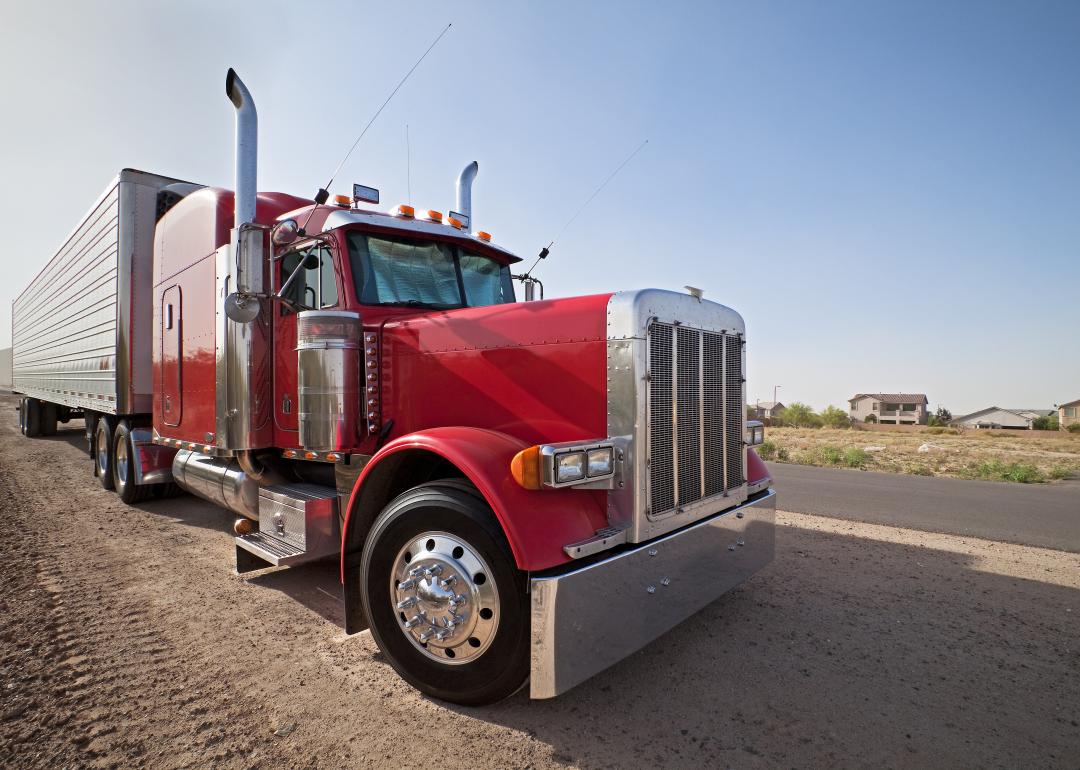
Truck-safe city parking: 4 innovations to protect cars and pedestrians
This story originally appeared on TruckParkingClub and was produced and distributed in partnership with Stacker Studio.
Truck-safe city parking: 4 innovations to protect cars and pedestrians
If you drive a car regularly, you've probably faced the frustration of arriving at your destination, searching for a parking spot, and coming up dry.
Big-rig truck drivers across the U.S. face that reality daily. In a survey of 11,000 drivers conducted in 2020 by the Federal Highway Administration, nearly all (98%) truckers said they have problems finding parking, with most saying they encounter this once or more a week. The lack of truck parking spots causes more than a minor inconvenience: It forces truck drivers to park in precarious situations along roads, exit ramps, and vacant lots.
Precariously parked trucks have been linked to numerous car accidents and deaths. The Federal Motor Carrier Safety Administration reports that 673 fatal crashes involving parked or working vehicles occurred between 2018 and 2020, with multiple other crashes causing injuries.
Last year, a Greyhound bus carrying 21 passengers slammed into three tractor-trailers parked along the shoulder of a ramp in Madison County, Illinois. Three passengers died, and the others had serious injuries.
Just two days later, Texan resident Mario Gonzalez died when he drove his pickup truck into a semitruck that was parked overnight on the side of a service road near San Antonio.
Truck drivers understand the danger of parking in unofficial locations but are often caught in an impossible situation: Federal laws mandate they take breaks after driving more than eight to 10 hours, but there is usually nowhere to safely and legally park.
One former truck driver, Vindal Ogletree, recounted a "no-win situation" to Axios Charlotte. He parked on a ramp during one of his required breaks, but an officer came by and ordered him to leave. Then, as he was moving the truck, a second officer stopped him, checked the electronic device that tracks his trips, and told him he was violating the law by not taking a proper break.
"They've got a federally mandated maximum amount of time that they could drive, but they don't have a federally guaranteed safe place to park," Ben Greenberg, president and CEO of the North Carolina Trucking Association, told Axios.
Charlotte, North Carolina, is just one of many cities addressing the parking problem with increased regulation; according to Axios, city leaders raised parking fines from $25 to $100. Yet other cities are outright banning overnight truck parking. Since 2021, Minneapolis has banned trucks weighing more than 26,000 pounds from parking on any street, and neighboring city St. Paul followed suit in 2023.
If parking bans don't fix the underlying problem, what will? TruckParkingClub explored five potential solutions to help mediate the national truck parking shortage.
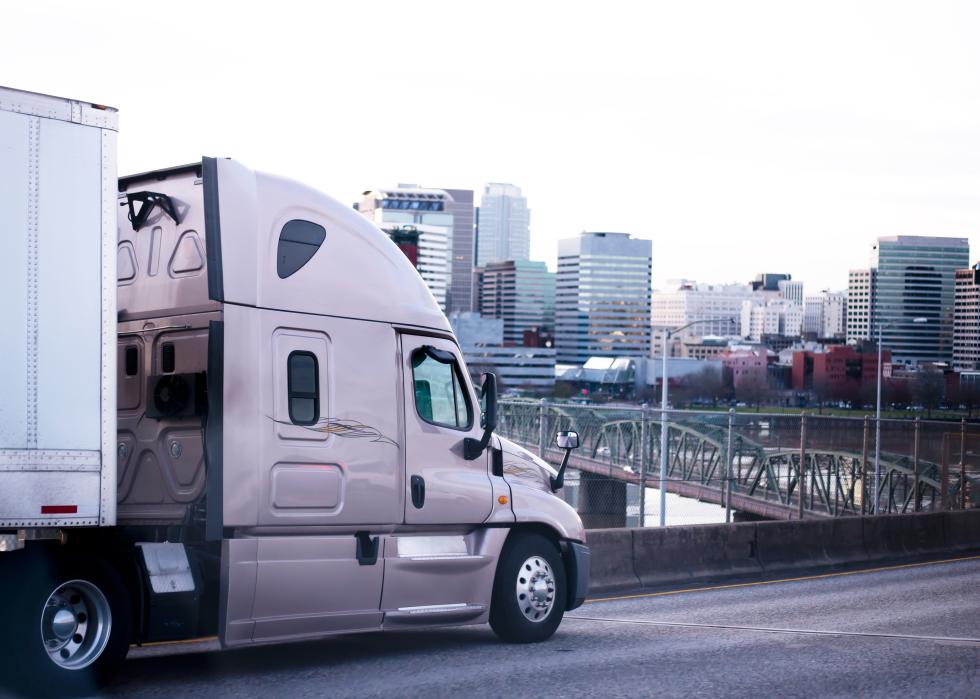
Improved information management
While many truck parking lots are overrun, others boast empty spots. Technology such as the Truck Parking Availability System in Florida seeks to inform drivers of what parking is available and where.
The federally funded Truck Parking Information Management System provides a similar solution. TPIMS collects information about availability in truck parking lots in eight states and sends it to electronic roadside signs, websites, and navigation apps to help drivers find a spot in real time.
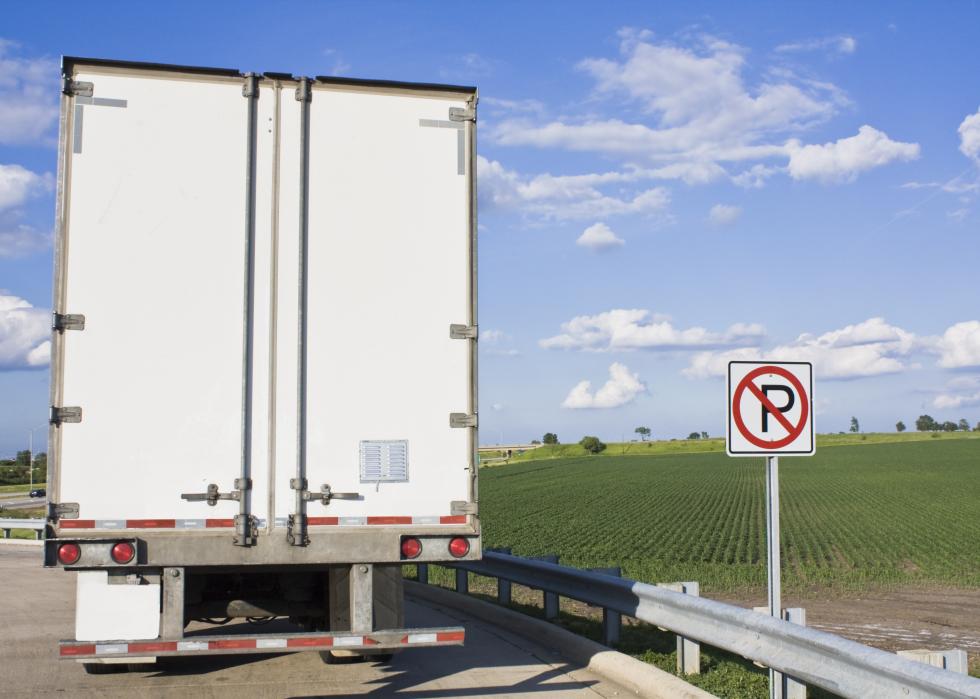
Updating zoning
An obvious, yet often unpopular, solution is building more truck parking lots.
The FHWA reports approximately 40,000 parking spots at public rest areas and another 273,000 parking spots at private truck stops. For savvy (and persistent) entrepreneurs, there is a huge business opportunity in building more private spots.
In most areas, local zoning laws require parking lots to be built in an industrial zone. Even when business owners can build in an industry zone or obtain a variance, locals may worry about noise, pollution, or additional traffic. Many prospective business owners find themselves fighting the local municipality's zoning board to be able to build their parking lot.
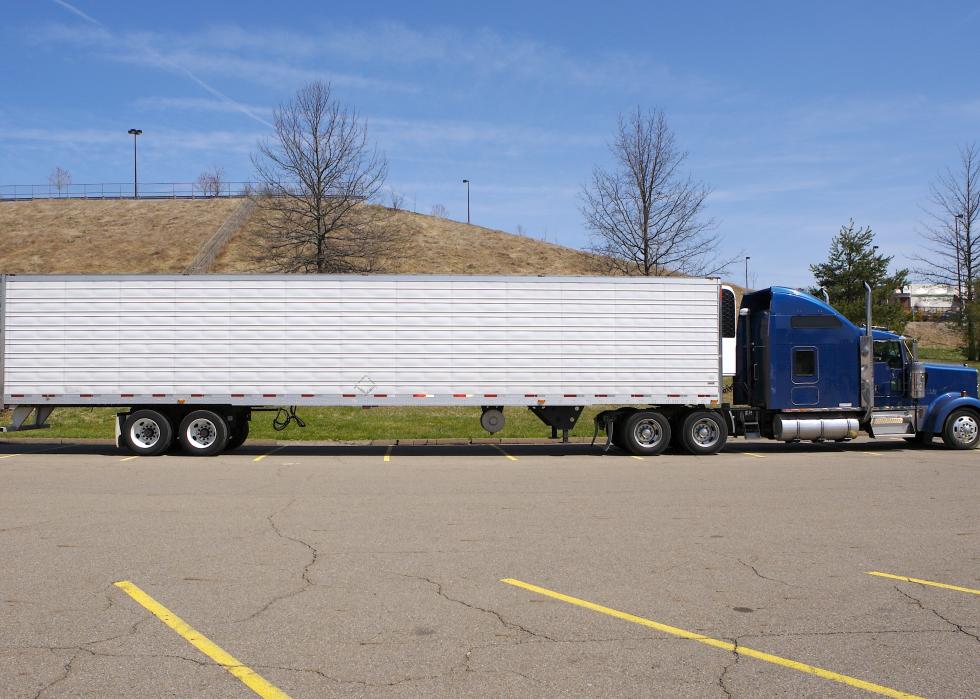
Taking advantage of excess parking
Instead of building new parking spaces, industry and government leaders can consider repurposing underutilized spaces. Stadiums, malls, and warehouses are all examples of places with ample parking footprints that aren't always in use.
The National League of Cities recommends city leaders explore unused lots as an option, and some entrepreneurs are working to connect truck-friendly lots with truckers. Tra Williams, a truck driving school CEO, is partnering with large venues like Amerant Bank Arena outside Miami to make spots available for mandatory breaks.
"America has more parking availability than the rest of the world combined," he told Business Observer. "There are eight parking spaces in America for every car. We do not have a parking shortage; we have a shortage of connections between those who have available parking and those who need available parking."
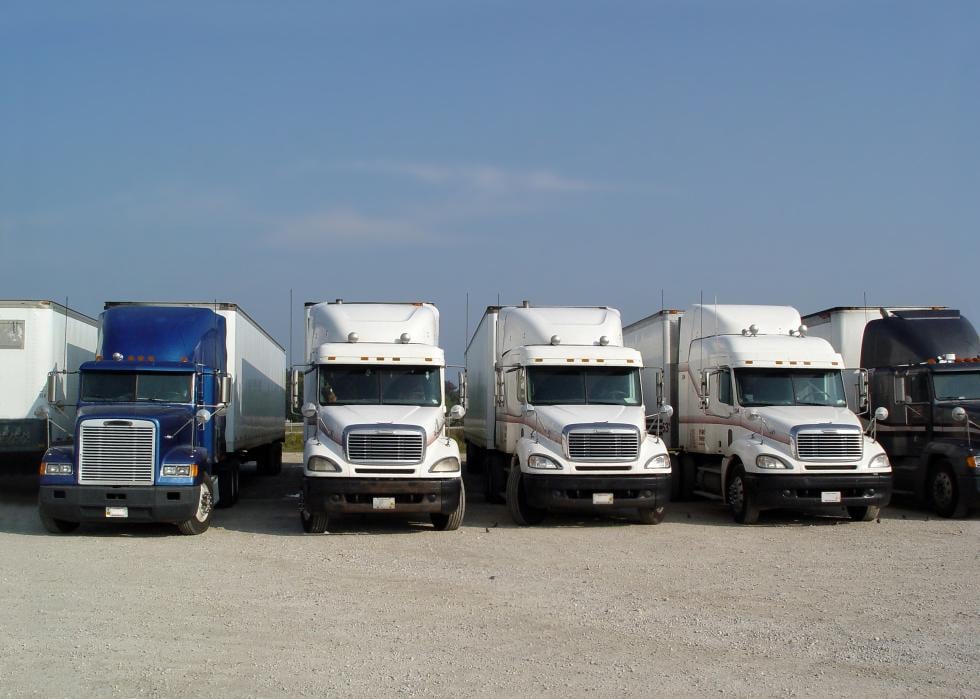
Renovating existing parking and rest stops
While it seems straightforward, faded parking lines and unenforced time limits can exasperate the parking shortage. A research report from the Institute of Transportation Studies at the University of California, Berkeley, recommends restriping parking spaces at public rest areas to ensure drivers can clearly see each spot and utilize a parking lot efficiently.
In other cases, states are transforming excess car parking spots into much-needed truck spots. Missouri officials, for example, noticed the need for more commercial parking in the northwest region of the state and are working toward converting two commuter rest stops into truck parking.
Story editing by Nicole Caldwell. Copy editing by Paris Close. Photo selection by Clarese Moller.



